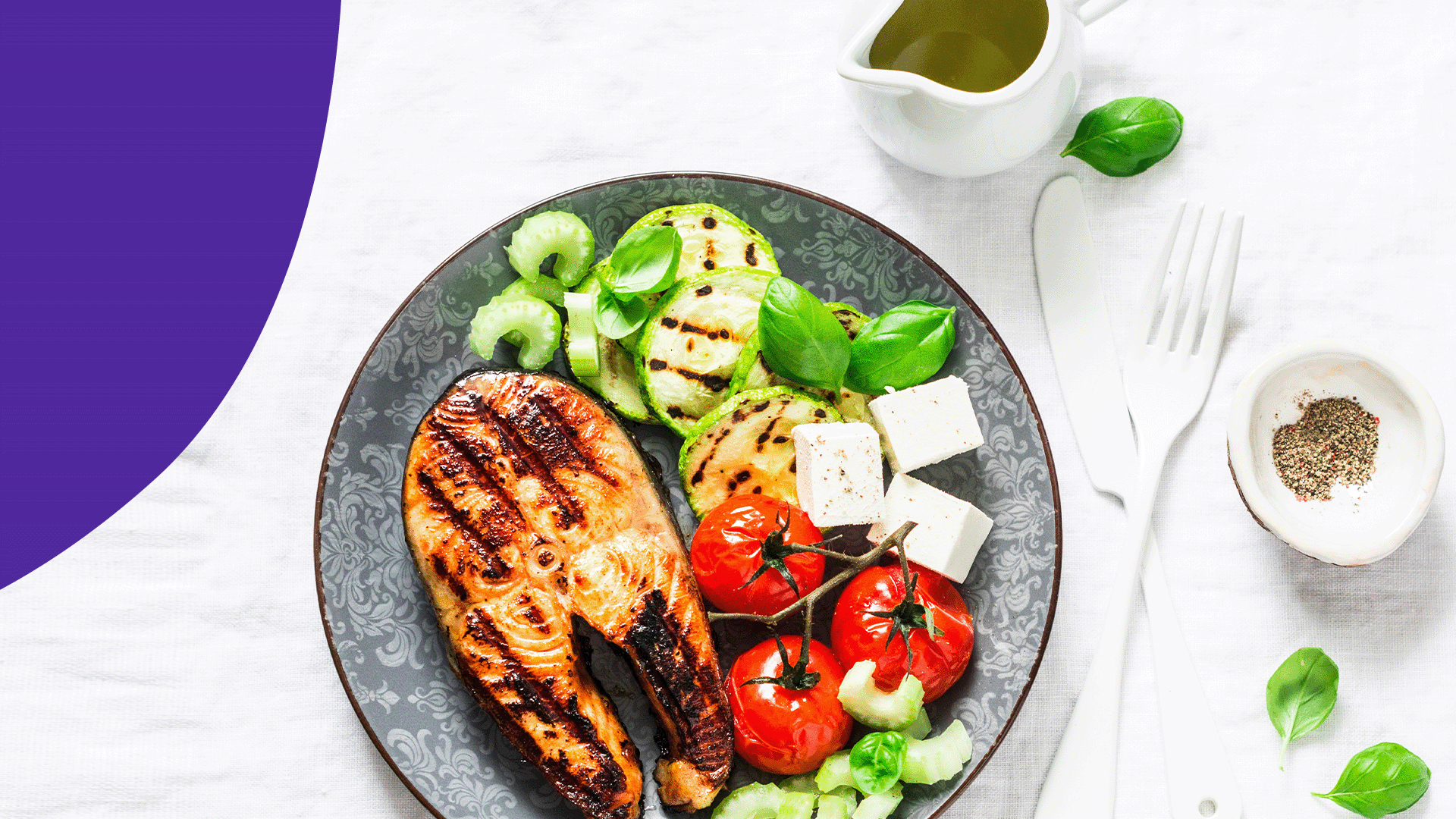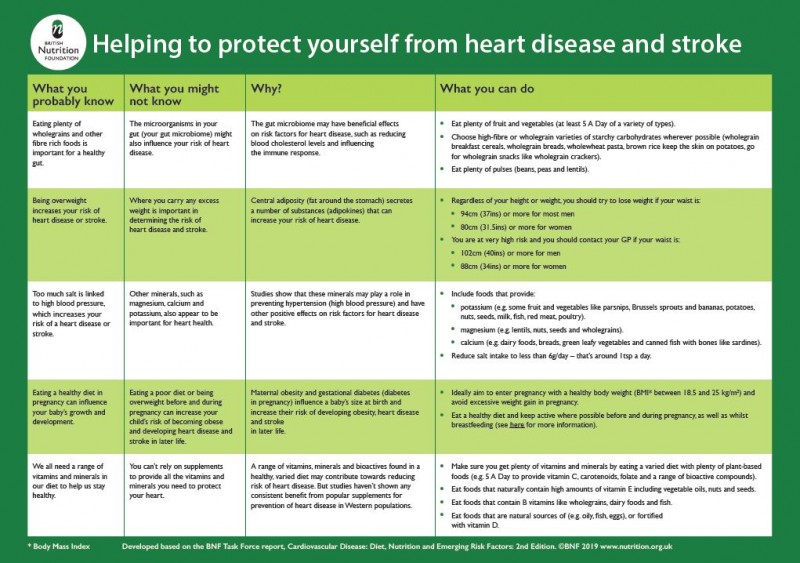
Healthy eating doesn't necessarily mean that you should give up your favourite foods. You can add vegetables to your daily diet depending on how advanced you are. Vegetables can be used in a variety of ways, such as soups, smoothies or sandwiches. Vegetables come in a wide variety of colors, and they provide different vitamins and minerals. Fresh fruits and vegetables are the best choices, but you can also choose to eat canned or dried fruit. It is vital to wash vegetables before you eat, because germs and infections can be more common during pregnancy.
It is best to avoid cold or smoked foods during pregnancy. Instead, opt for fresh or tinned fish that has been steaming hot. Although some countries consider deli meats safe, women should avoid these until after their pregnancy. Talk to your doctor or midwife if there are any doubts about what you should be eating during pregnancy. Besides, you should never try to make a food substitute for the advice of a doctor.

Protein-rich foods support the growth of the baby. Pregnant women need extra protein to support her baby's growth. Therefore, consuming more protein rich foods will aid the baby in developing its brain and heart. High-protein foods may also have vitamins and fiber, which could be helpful for pregnancy. For instance, you can also include more grains in your diet. These are rich in fiber, folate, B vitamins, folic acid, and iron. They also help to reduce the chances of constipation and hemorhoids.
Dark-green vegetables contain a lot of folate. This is vital for the development the fetal neural tube and the growth the uterus. Frozen vegetables can also be added to your meal to increase the variety. It is also possible to go vegetarian. This is a cost-effective way to get more protein. It's also rich in vitamin C and fibre. These foods are great sources of iron as well as fibre.
Milk is a great source of calcium, which is essential for the development of the baby. Other sources of calcium, such as milk, are also available. You can also drink low-fat milk if you are lactose intolerant. Low-fat dairy products have a lower level of fat than other dairy products. These foods are full of nutrients that are important for the development of a baby. Make sure you include all the food groups in your decision-making process.

Eat foods rich in protein. These foods have a lot of protein. However, you should avoid red meat and other red-meat. Along with meats such as chicken, beef, fish and turkey, it is important to eat plenty nuts and whole grain. These foods contain essential nutrients as well as fiber which are vital for the baby's development. Peas and beans are great choices for pregnant women. They are also high in iron and B vitamins, so they are a good choice.
FAQ
How can I lose weight by avoiding certain foods?
Trans fats should be avoided. Trans fats increase LDL (the harmful) cholesterol and lower HDL (the good).
Trans fats can be found in fast food, deep-fried foods, packaged baked goods, snack cake, and other processed foods.
These unhealthy fats can also lead to inflammation, which can cause heart disease and diabetes.
Avoid foods containing artificial sweeteners. Artificial sweeteners can increase your risk of developing cancer.
These chemicals can be found in soft drinks, chewing gum, and candy bars. These chemicals are also found in meat, poultry, eggs, and other foods.
Artificial sweeteners include saccharin, cyclamate, sorbitol, aspartame, acesulfame-K, and sucralose.
The American Heart Association recommends avoiding these chemicals because they may damage DNA in cells.
How does weightlifting help you lose fat more quickly?
Weight lifting will help you burn more fat, but it's best to combine it and cardio.
You should do weightlifting after your cardio workouts to maximize its benefits.
If done correctly, weightlifting can increase your heart rate and oxygen intake which in turn helps you lose weight.
It is important to combine cardio with it, as you will not see significant changes in your body's composition.
What is butter good for?
Butter is one source of saturated fats. This type is beneficial for healthy skin and hair as well as stronger bones.
Butter also contains vitaminK, which prevents bleeding after cuts and bruises. Vitamin K and vitamin C work together to prevent bruising.
Butter also contains minerals like calcium, phosphorous and potassium. These elements promote stronger bones and teeth.
Butter has its limitations. Butter is high in cholesterol. Some studies show that consuming too much cholesterol may increase the risk of developing cardiovascular disease.
Also, butter is high in saturated fat, contributing to obesity and increased cholesterol levels.
However, if you must have butter, try spreading it on bread rather than dipping it into soup or salad. Bread absorbs oil more than pasta or potatoes.
What is a good 7-day workout schedule?
A seven-day exercise plan should include cardiovascular training (running/biking/swimming), strength exercises (using weight machines, free weights) and one flexibility/core program (yoga or Pilates). Each activity should be done at least once per week. Each session should not take more than 45 mins.
Cardiovascular Exercises: Swimming, Cycling, Running
Aim to do at least 60 minutes per week of cardio. Try to do 75 minutes per semaine for the best results. Cardio exercises can be used to increase blood flow, stimulate muscle growth, and improve blood circulation.
Strength Training
Cardio exercises target your heart and lungs. Strengthening your muscles and bones is the opposite. Strength training helps you burn calories even while resting.
Flexibility & Core Workouts
Your whole body will be stronger if you have flexibility and core training. Both yoga or Pilates are great options.
Statistics
- Candidates and applicants must pass all four tests at 70% (minimum level) to graduate from Basic Deputy U.S. Marshal (BDUSM) Training. (usmarshals.gov)
- Cardmembers earn 5% Back at Amazon.com with a Prime Credit Card. (amazon.com)
- According to the American Heart Association, blood pressure should be checked at least once every two years, beginning at age 20. (my.clevelandclinic.org)
- The PRS enabled risk stratification for overall prostate cancer and lethal disease with a four-fold difference between men in the highest and lowest quartiles (HR, 4.32; 95% confidence interval [CI], 3.16-5.89). (pubmed.ncbi.nlm.nih.gov)
- Are You One of the 20% of Guys (mh.co.za)
External Links
How To
What nutrients does a man need daily?
For healthy growth and development, men need to eat a balanced diet. The body requires vitamins, minerals, proteins, carbohydrates, fats, water, fiber, and other essential elements.
Specific nutrients are also required by the male body at different times during the day. Your body makes hormones, antibodies and enzymes when you are asleep. When you get up, protein is used to repair and build muscle.
Your body stores extra energy as glycogen and breaks down fat at night. During this time, your body needs fewer calories but still needs sufficient nutrients. If you feel hungry, you may consider having a snack during the evening.
You need to eat enough carbs and protein when you exercise. Muscle soreness can occur if you work out hard.
You must ingest carbs and protein within two hours of training to prevent this. Your body will break down stored glycogen to provide glucose for energy.
You must also eat protein right after you finish your workouts. This prevents the breakdown of muscle tissue that occurs while you sleep.
Lactic acid is produced by the body during periods of intense exercise. The body produces lactic acid when there is too much activity. This can cause fatigue. Eat foods high in carbohydrate, such as fruits, vegetables, to avoid this.
Carbohydrates can give your body the energy it requires to recover from intense exercise.
A healthy diet should include lean meats such as fish, eggs and milk, cheese, yogurts, beans, seeds, nuts, and beans.
All these foods are high-quality sources of protein. Protein promotes muscle growth and repairs damaged tissues. Protein provides the amino acid your body needs for testosterone and sexhormone production.
You also need enough dietary fats to maintain good skin, hair, nails, and joints. Healthy men need between 20% and 35% of their total caloric intake from fat.
Fat can help keep your heart healthy and protect you from cancer. It helps keep your brain working properly.
You can get the majority of the fats that you need from vegetable oils such as soybean oil.
These oils are rich in monounsaturated essential fatty acids (MUFAs). MUFAs are good for lowering cholesterol and reducing inflammation. They protect cells against damage from free radicals.
Saturated fats (SFAs), are found mainly in animal products such as meat, milk products, and butter. SFAs increase LDL ("bad") cholesterol, and increase triglycerides. They are also good for weight loss and belly fat.
Polyunsaturated oil (PUFAs), which are plant-based, can be found in vegetable oils, nuts seeds, grains, and other plant-based products. PUFAs help improve cardiovascular function, and lower inflammation. They also reduce blood sugar, cholesterol, and other inflammatory factors.
Erectile dysfunction is common in men with low HDL ("good") cholesterol. Consuming high amounts of saturated fats can increase bad cholesterol and lower good cholesterol.
Men who eat large quantities of red meats or pork may develop prostate problems. If cooked at high temperatures, the nitrates become nitrosamines. These compounds cause cancer.
Nitrites and other harmful chemicals are common in processed meats. These chemicals should be avoided.
The American Heart Association recommends eating no more than 2 servings of red meat per week. Instead, choose poultry, fish, legumes, tofu, whole grain bread, and cereals.